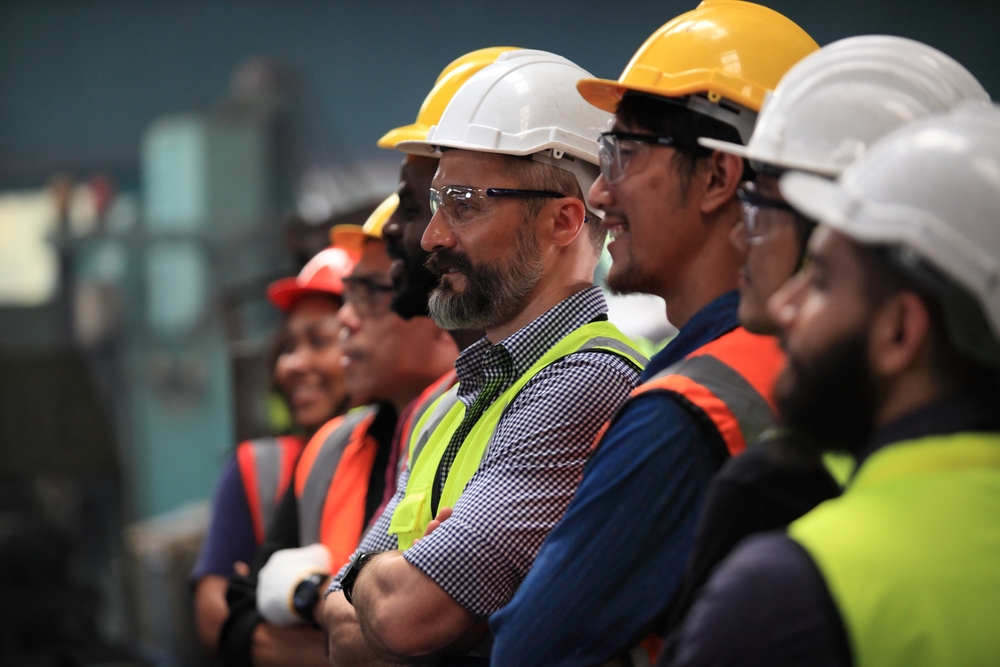What Skills Do I Need?
-
Leadership
Strong leadership skills to motivate and manage project teams effectively.
-
Technical Construction Knowledge
A solid understanding of construction processes, materials, and regulations.
-
Project Management Expertise
Proficiency in project planning, resource allocation, budget management, and risk assessment.
-
Communication
Excellent communication and negotiation skills for dealing with clients, contractors, and other stakeholders.
-
Problem-Solving
Ability to identify and resolve issues that may arise during the project lifecycle.




